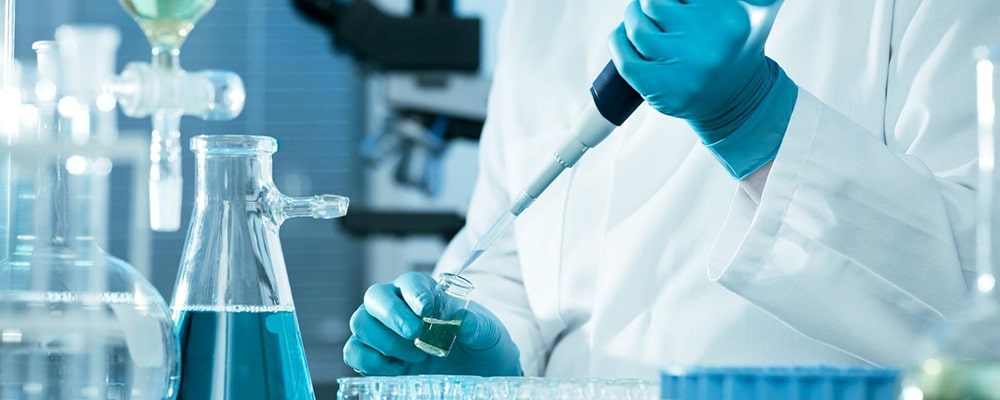
What is Pathology?
Pathology means studying diseases and damages on tissues of human body. It’s like a bridge that connects the science with medicine as well as different aspects and various steps through the procedure of treatment, such as observing the patient, diagnosis tests and treatment suggestions, all using advanced genetic technologies and methods for treating and preventing different diseases .In fact, it is a collaboration among doctors, scientists, nurses and experts in hospitals, including surgeons for diagnosis, treating and preventing different diseases.
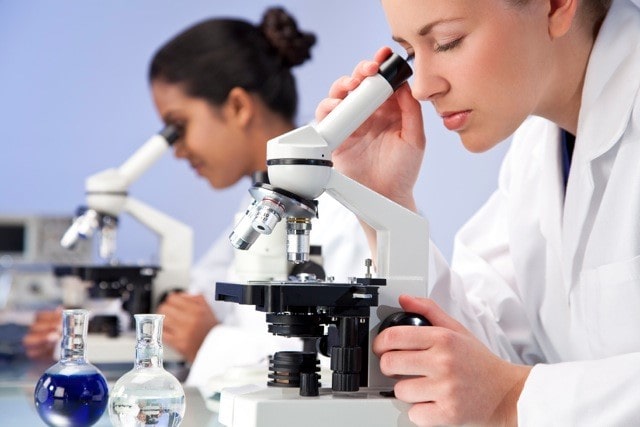
Prevention, diagnosis and treating with pathology
Pathology basically examines human body tissue, an organ or fluids of patient’s body in order to diagnose different diseases. One should consider that occasionally autopsy should also be performed on the dead body. By utilizing this science, one can also study the reasons behind the diseases and their treatment more precisely .This studies can cover a particular region, such as tissues or cells which are damaged by diseases, necrosis, swelling, healing rate and neoplasia. Pathologists have an important role in treating serious diseases, such as cancers so that fortunately they are capable of diagnosing these serious diseases properly. They examine samples carefully under the microscope to see whether they are cancerous or not.
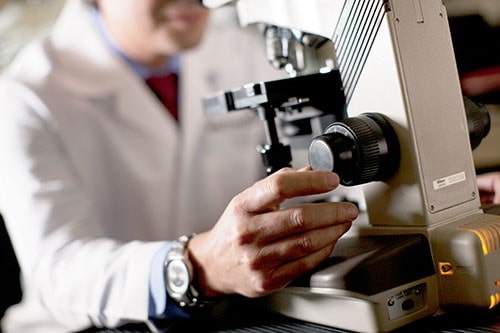
Every year, millions of pathology tests are run all around the country for both adults and children. Significant yet unexpected achievements have been gained during recent years by pathologists, which are leading to better treatments for cancers and secure blood transfusions, treating genetic complications and vaccinations against infectious diseases.
Different aspects of pathology
Recent surveys show that more than two-thirds of people believe that this science only deals with dead bodies, similar to what TV shows also picture for their audiences .But it is good to know that, this only consists a little part of entire fields that actually this science covers. In fact, although some of its methods associate with autopsy, but one have to know that this is not an actual representation of the extent of the pathology. Each time that you do blood tests or sampling tissues from body, it is pathologist’s job to examine the test and diagnose the disease.
More than 19 different types in pathology
Note that not all pathologists have the same work frame. More than 19 different specialties are available in this field, each of which has different training courses and particular examinations. Each of these particular specialties is different in revision as well as the conducted combination of clinical work and laboratory. In all these expert fields, there are four main branches:
- Chemical pathology – Study of biochemical base of the diseases
- Hematology – Study of blood diseases
- Histopathology – Study of diseases in different human tissues
- Medical Microbiology – Study of infections
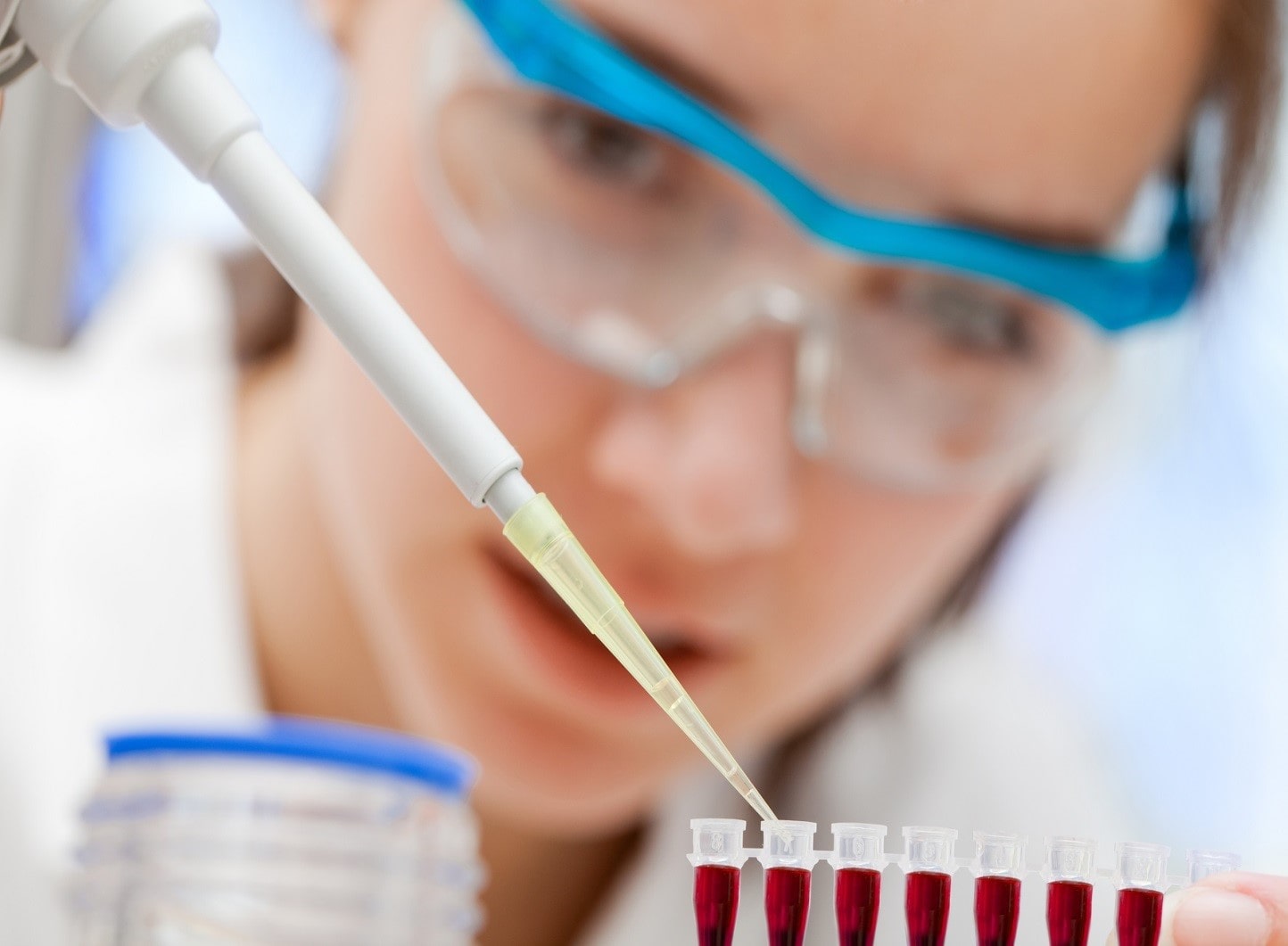
It is interesting to know that this science is not summarized in the four aforementioned branches and other branches are as important as these main ones, such as: Molecular genetics, Toxicology and texture adaptation and immunogenetics.
Summary:
Pathology is a type of specialty in medicine that is related to the study of nature and causes of diseases. This field plays an important role in different parts of medication and treatment, such as diagnosis tests on chronic diseases, genetic studies and technology of blood transfusion. This science has a key role in all the aspects of medicine and our lives, even after our death.


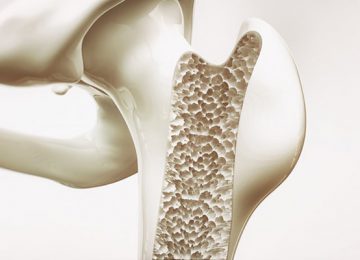



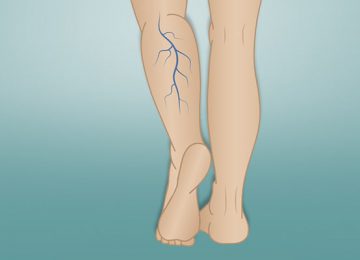




Reviews
Number of pending reviews15224